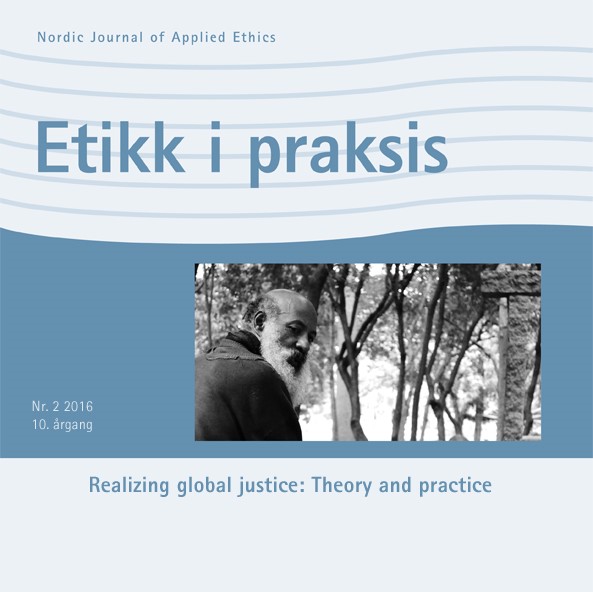Published in the Nordic Journal of Applied Ethics.
Abstract:
Focusing on the basic structure as the subject of justice has tended to lead theorists to make a choice: either there is no global basic structure and therefore obligations of justice remain domestic only (the statist position) or there is sufficient institutional basis at the global level to warrant affirming a basic structure global in scope, meaning that duties of justice must also be global (the cosmopolitan position). Recent literature, however, has pointed out that this might be a false choice between denying and asserting the existence of a global basic structure. There are two main claims that I make in this paper. First, I claim that on a Rawlsian understanding of the basic structure, justice does not require one before its demands arise, but rather that under certain conditions, justice can require that a basic structure be established as an essential part of fulfilling its demands. This has the benefit of not restricting the scope of justice to the domestic sphere. Thus, the second claim is about determining, from a practice-dependent, non-ideal starting point, what those “certain conditions” are. Specifically, I argue that when currently existing global institutions begin impacting on the freedom of individuals to interact against a fair backdrop and pervasively impact on life chances, then the demands of justice will arise and we will need to establish a global basic structure. This paper, then, also has implications for the ideal/non-ideal theory debate, because I argue that the best way to globalize the basic structure is to begin from a non-ideal starting point.
